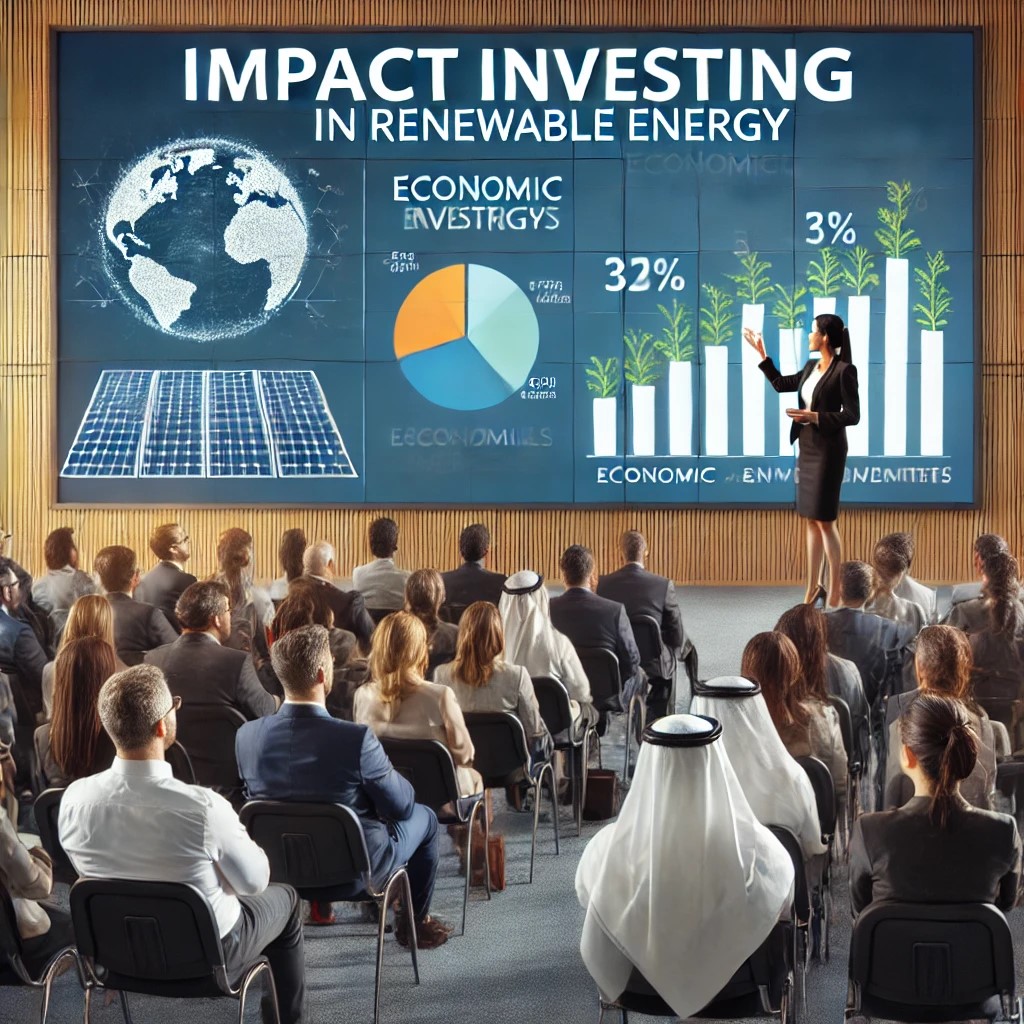In the world of finance, the concept of sustainability has evolved from a niche concern to a mainstream imperative. Building a sustainable investment portfolio is no longer just about doing good; it’s also about securing long-term returns in a rapidly changing economic landscape. This article explores current trends and future predictions in sustainable investing, offering insights into how investors can build portfolios that are both ethically sound and financially rewarding.

Current Trends in Sustainable Investing
Environmental, Social, and Governance (ESG) Criteria
ESG investing is at the forefront of sustainable finance. Investors are increasingly evaluating companies based on their environmental impact, social responsibility, and governance practices. This shift is driven by the recognition that ESG factors can significantly influence a company's performance and risk profile. For instance, companies with strong ESG practices are often better positioned to manage regulatory changes, reputational risks, and operational challenges.
Impact Investing
Impact investing goes a step further by targeting investments that generate measurable social or environmental impact alongside financial returns. This trend is gaining traction among institutional investors and high-net-worth individuals who are looking to align their investments with their personal values. Sectors like renewable energy, affordable housing, and sustainable agriculture are popular among impact investors.

Green Bonds
Green bonds are another growing trend. These are debt securities issued to finance projects that have positive environmental benefits. Green bonds have seen a surge in issuance as companies and governments seek to fund initiatives related to renewable energy, energy efficiency, and climate resilience. Investors are attracted to green bonds not only for their environmental impact but also for their stable returns.
Building a Sustainable Investment Portfolio
Research and Due Diligence
Thorough research is critical in sustainable investing. Investors should evaluate companies’ ESG performance using reliable data and ratings. Tools like ESG scores from rating agencies and sustainability reports from companies can provide valuable insights. Engaging with companies directly to understand their sustainability practices can also be beneficial.
Long-Term Perspective
Sustainable investing is inherently long-term. Investors should focus on companies that are committed to sustainability and are likely to benefit from long-term trends such as the transition to a low-carbon economy. Patience is key, as the benefits of sustainable practices may take time to materialize.

Future Predictions
Technological Advancements
Technology will play a crucial role in the future of sustainable investing. Artificial intelligence and big data can provide deeper insights into ESG performance and help investors identify sustainable opportunities more efficiently. Blockchain technology could enhance transparency and traceability in supply chains, further supporting sustainable practices.
Conclusion
Building a sustainable investment portfolio is a strategic approach that aligns financial goals with ethical considerations. By staying informed about current trends and future predictions, investors can create portfolios that not only generate returns but also contribute to a more sustainable and equitable world. As the landscape of sustainable investing continues to evolve, those who embrace these principles today are likely to reap the benefits in the long run.






